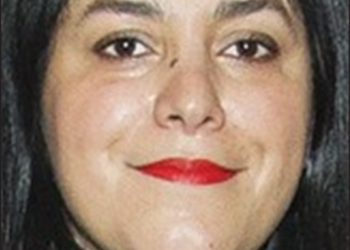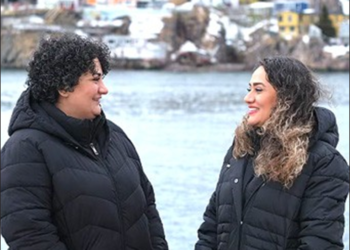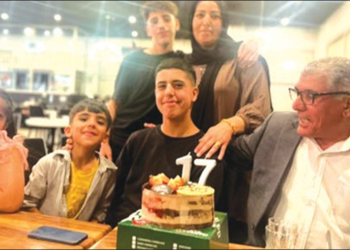Institute of Technology in New Jersey on Saturday.
Farvardin, 54, came to the U.S. after leaving his native Iran during the country’s revolution. Though he had little money and spoke little English, he earned bachelor’s, master’s and doctoral degrees in electrical engineering from Rensselaer Polytechnic Institute in New York.
“I thank this magnificent and welcoming country for giving me a new home, for extending helping arms when I needed them, for allowing me to build a career in a way I could not have possibly built anywhere else in the world,” Farvardin said.
The former University of Maryland provost replaces longtime Stevens President Harold Raveché, who stepped down last year after the state filed a lawsuit alleging the university’s trustees of mishandling the school’s funds and donations. The state attorney general agreed to drop the lawsuit last year if Stevens overhauled its governance and finances.
Farvardin made no mention of Stevens’ recent legal troubles in his inaugural speech. But he pledged to help refire the country’s economic engine by strengthening the 141-year-old school’s core engineering and science programs. The school has 6,000 students.
“We will attract some of the most brilliant minds. We will offer programs of the highest quality. We will conduct research on the key societal challenges where technology can offer a compelling solution,” he said.
Farvardin will earn $625,000 annually, plus performance bonuses, as president. That is far less than the $1.1 million his predecessor earned in the post.
Among the accusations against the school was overcompensation of the president, excessive spending by the board of trustees, and using different sets of books to cover up an uncertain financial state. The resulting settlement included the resignation of Ravech and a pledge for greater transparency, but no admitted wrongdoing by the university.
“We are looking forward to moving ahead,” said Board of Trustees Chairman Lawrence T. Babbio Jr., who was also under investigation, but will maintain his position for three more years under the settlement.
Farvardin has accomplished much since moving to the United States more than 30 years ago. After earning his doctorate, Farvardin went to the University of Maryland where he eventually served as chairman of the Department of Electrical and Computer Engineering, dean of the engineering school and, most recently, provost. In the United States, Canada and Australia, the provost is the senior academic administrator at many institutions of higher education. The provost is generally the number two official at a university.
The number of foreign-born presidents in American higher education is on the rise. Eleven of the 61 member institutions of the Association of American Universities, which represents large research universities in the US, now have foreign-born presidents.
This reflects the increasing number of foreign-born researchers, instructors and professors on American campuses over the last four decades.
Farvardin came to the United States as an undergraduate by accident of the revolution. He was one semester short of obtaining his bachelors degree in Iran when the 1979 revolution changed his life.
“The government decided to shut down the university completely,” said Farvardin. “I remember there was a tank parked in front of the main entrance of the university. There were daily strikes and demonstrations, and buildings were on fire.”
Anxious to continue his studies, Farvardin asked the American graduate schools that had accepted him to take him as a transfer undergraduate. Within weeks, Rensselear Polytechnic agreed. And so, with little money and even less knowledge of English, he was on his way to Troy, New York.
“I was in a state of shock,” he recalled.
Farvardin soon made a name for himself in the US. “I give an enormous amount of credit to this country,” he said. “There would have been no other place in the world that would have judged me by the value of my contributions and the content of my character. Quite frankly, right now I look at myself as an American, and I think others do as well.”
His wife, Hoveida, works at the World Bank in Washington, DC, and will now be commuting from New Jersey. Their daughter, Tandice, is a third-year student at Georgetown University.


















